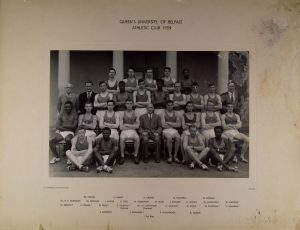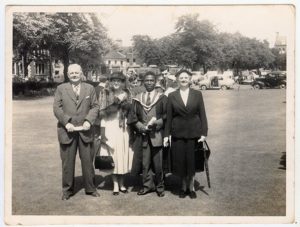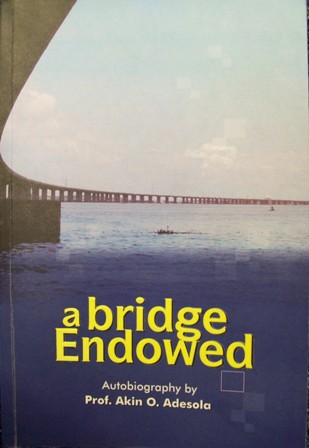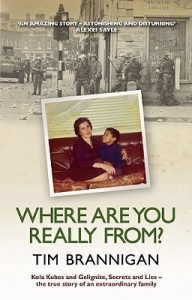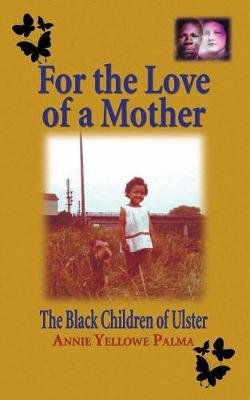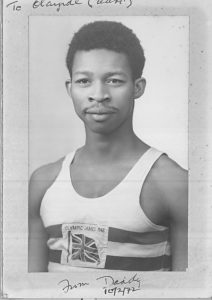11 May 2017, Trinity College, Dublin
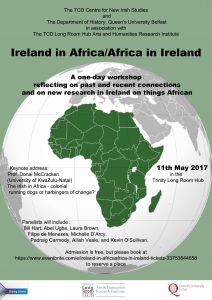
1. Africans in Ireland
09.30. Bill Hart (Ulster University): ‘American sources for a black presence in nineteenth-century Ireland’
09.50. Eric Morier-Genoud (Queen’s University Belfast): ‘Cosmopolitan Belfast? Africans and Africa at Queen’s University, 1941-1971’
10.10. Abel Ugba (University of East London): ‘Identity, belonging and media use by Irish Africans’
2. African Studies in Ireland [A]
11.15. Laura Brown (Maynooth University): ‘“They were a greasy, downtrodden lot”: Egypt and the perception of Egyptians in Anglo-Egyptian Sudan 1899-1956’
11.35. Roger Boulter: ‘Target Pretoria – Dieter Gerhardt and the Soviet penetration of the South African Defence Force’
11.55. Filipe Ribeiro de Meneses (Maynooth University), ‘From metropolitan revolution to colonial exodus: The fall of Portuguese Angola, 1974-5’
3. African Studies in Ireland [B]
13.45. Michelle D’Arcy (Trinity College Dublin): ‘The historical antecedents and contemporary political impact of devolution in Kenya’
14.05. Padraig Carmody (Trinity College Dublin): ‘The geopolitics and economics of BRICS resource and market access in Southern Africa’
4. The Irish and Africa: Connections and reflections
14.45. David Dickson (Trinity College Dublin): ‘The missionary motorist: Thomas Gavan Duffy’s Africa crossing, 1927-8’
15.05. Ailish Veale (Trinity College Dublin): ‘Irish Catholic medical missionaries in the development era’
15.25. Kevin O’Sullivan (NUI Galway): ‘Lessons from Biafra’
15.40. Tom Lodge (University of Limerick): The Irish Anti-Apartheid movement’
5. Keynote paper
16.30. Donal McCracken (University of KwaZulu-Natal, Durban): ‘The retreat down Africa. The Irish in Africa – Colonial running dogs or harbingers of change?’
